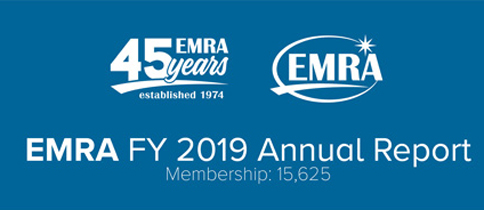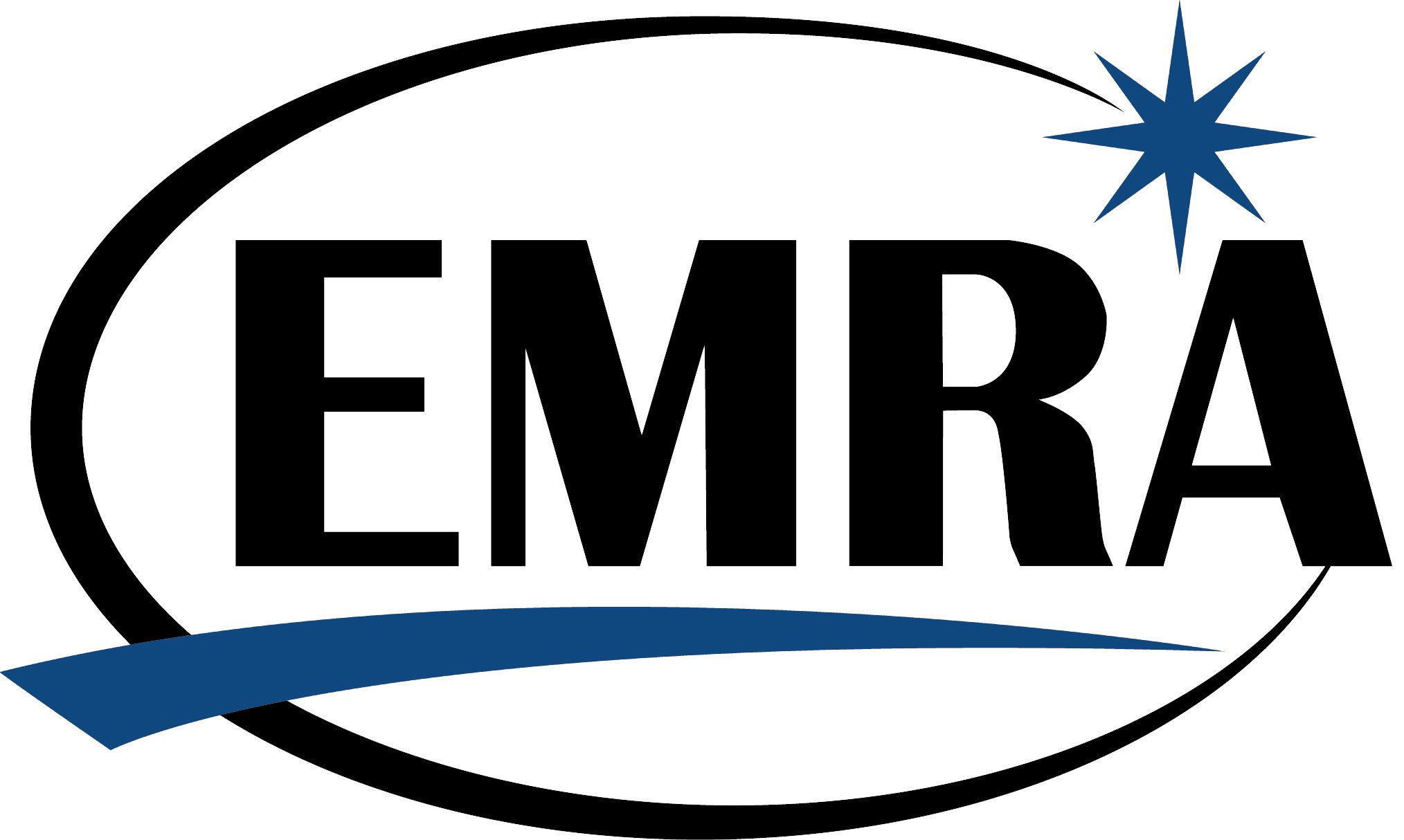Joint Letter to Doximity
September 11, 2020
Dear Colleagues,
It has come to our attention that Doximity is, once again, surveying emergency physicians to create “rankings” of emergency medicine residency training programs with a biased methodology. This type of flawed data approach does not benefit students applying to emergency medicine or emergency medicine residency programs, all of whom are working diligently to provide excellent physician training. As we have declared before, our specialty organizations strongly oppose Doximity’s approach to ranking programs.
In 2014, the emergency medicine specialty organizations signed a joint letter to Dr. Gross from Doximity with no response or cessation of the Doximity survey. Doximity is publicizing this survey again in 2020, encouraging emergency medicine physicians to participate. Doximity is recommending their survey results to students as valid data to assist them in making application and ranking decisions. We, as the leadership in the specialty, strongly oppose the Doximity survey, recommending that emergency physicians not participate in the survey and recommend to students not be influenced by flawed research methodology.
As noted in 2014, we are concerned about the sampling method chosen for this survey, because we believe it will fail to achieve the objective for this survey— to identify America’s top emergency medicine training programs. Asking only physicians enrolled in a social media website to nominate their most preferred residencies will result in egregious sample bias and is not capable of resulting in a scientifically valid result. The results will be based solely upon opinions expressed by physicians who have no first-hand knowledge of any residency training programs other than the ones they attended themselves.
“While not a formal ranking of residency programs, the results would convey that some programs provide better training than others. However, given the limitations, this would not be an accurate portrayal— to medical students or to the public. It also would not be useful to many medical students, because research shows that more than 75 percent of emergency physician residents report the number one reason for selecting a residency program is geography.
“More concerning, the results could send a dangerous public health message to people with medical emergencies. It implies they should consider bypassing hospital emergency departments with residency programs that fared poorly in the survey. In a medical emergency, people should seek emergency care at the nearest emergency department, not one that scored better on a highly subjective opinion survey.
Patients need confidence in their physicians in times of crisis, especially since comparison shopping among doctors is not an option when someone is having a medical emergency. Emergency medicine residency programs train physicians in the emergent and acute conditions of just about every medical specialty in health care. As a result, emergency physicians are uniquely qualified to handle a full range of adult and pediatric emergencies. In addition, they see every kind of human drama imaginable, often treating multiple patients at a time.
The overall quality of medical care delivered in emergency departments in the United States is excellent, thanks to the uniformly high standards that govern the accreditation of residency programs in emergency medicine. Emergency medicine residencies collaborate openly with shared curricular tools built around a
core model of clinical practice, an approach that is fairly unique in medical education. Ranking training programs above others is contrary to the principles of our specialty, although we recognize that certain programs are best suited for certain trainees.
“Many factors contribute to a successful residency program, not all of which can be measured or compared.”
The current COVID-19 pandemic has created more challenges for both residency leadership and students applying to residency. Promoting such a subjective survey does not benefit our specialty, students applying to our specialty, or residency training programs in emergency medicine, or the patient’s and communities we serve. We have offered Doximity’s team to create an improved survey with more valid methodology but did not receive a response. We understand that Doximity’s CEO, Jeff Tangney, has, more recently, not responded to emails from emergency medicine physicians asking for Doximity to cease conducting this survey.
Our specialty organizations represent over 40,000 physicians.
We strongly oppose participation in the current survey by emergency physicians.
We strongly oppose encouraging the use of the Doximity survey data by medical students applying to emergency medicine residency programs as a factor in their selection.
Sincerely,
Lisa Moreno, MD President, American Academy of Emergency Medicine
Mary Nan S. Mallory, MD, MBA President, American Board of Emergency Medicine
Bill Jaquis, MD, FACEP President, American College of Emergency Physicians
Peter Sokolove, MD President, Association of Academic Chairs of Emergency Medicine
Julianna Jung, MD, Med, FACEP President, Clerkship Directors in Emergency Medicine
Fiona Gallahue, MD President, Council of Residency Directors in Emergency Medicine
Hannah Hughes, MD, MBA President, Emergency Medicine Residents’ Association
Haig Aintablian, MD President, American Academy of Emergency Medicine Resident and Student Association
James F Holmes, Jr, MD, MPH President, Society for Academic Emergency Medicine Directors in Emergency Medicine







